Land trust asks security guard to go in Hāwea Point Cliff House controversy
After jurisdiction at popular swimming spot Hāwea Point got a bit murky, Hawaiʻi Land Trust weighed in today, clarifying that a rule protects public use over a private homeowner’s attempts to encroach on the area.
Further, the land trust said it requested that the homeowner’s private security guard no longer be situated at Cliff House, the rocky shoreline where people sunbathe, swim and jump.
“Hawai‘i Land Trust requested the homeowner to no longer have a security guard on site,” a state Department of Land and Natural Resources news release said.
The news release clarifying a conservation easement that provides public access to Hāwea Point comes in the wake of a conflict between residents led by Maui shoreline activist Kai Nishiki and wealthy blockchain entrepreneur Jonathan Yantis, who purchased a home overlooking the point not that long ago.
Recently more than 100 residents descended on the point in an attempt to push back against Yantis, who had been making changes to the area.
Months ago he erected official-looking ʻuaʻu kani conservation signs asking for quiet, removed an ocean ladder and occupied with a security guard a coveted cement pill box that was historically first-come, first-served. Nishiki on Jan. 26 alerted residents via social media about the changes.
Yantis in a previous Maui Now story said that he hired a security guard to sit daily at the pill box in an effort to combat loud noise and underage drinking.
In response to the state news release today, Yantis via his public relations firm said that the security guard will no longer station himself on the cement slab but will continue to keep watch over the area.
“The security guard has already saved three lives, including a visitor who hit his head and was rendered unconscious, in addition to providing medical assistance to those who cut themselves on the sharp rocks,” he said. “Although the security guard will no longer station himself on the cement slab, which is private property as well as a public easement, he will continue to keep watch over the area, which as Hawaii Land Trust noted may be home to iwi kupuna.”
He echoed that neither the security guard nor anyone else prevented access to Cliff House.
Over the last few weeks, state DLNR Division of Conservation and Resources Enforcement officers have been called to the area after homeowner complaints, as well as push-back from ocean users who claim the homeowner has tried to restrict access to the ocean by stationing a security guard and by putting up the signs, according to the release today.
While title and jurisdiction along the coastline remains unclear, some parts are clearly defined under a conservation easement that’s managed by Hawai’i Land Trust. The trust is a nonprofit that protects more than 21,000 acres throughout the state from commercial and other development.
“The trail is on private property but access to the water is protected by the conservation easement,” James Crowe, ʻĀina Stewardship Manager for Hawai‘i Land Trust, said in the release. “As you near the part of the trail where you can see the Cliff House, everything makai (ocean side) of the trail belongs to the state. The concrete platform where the homeowner‘s security guard sits is private property, protected for public access and recreational use. The land makai of the platform is public land, but the land above that part of the trail is private property, not subject to the conservation easement.”
Crowe added that shoreline access is derived by the traditional and customary use of the indigenous people of Hawai’i.
“Hawaiʻi Land Trust understands that Hāwea Point is an important ice box for ʻohana (families) of this area and perhaps resting grounds of ʻiwi kūpuna,” Crowe said. “We ask that everyone who enjoys, lives and uses the area for access and recreation to also respect and acknowledge those who came before them.”
The land trust emphasized that federal, state and county rules still apply in the area, including ones that restrict loud music and drug or alcohol use.
DLNR said today that DOCARE has not issued any citations there recently, other than some verbal warnings about drinking.
Visitors should also be aware that there are no trash cans or restrooms at Hāwea Point and should plan accordingly to avoid impacting the land or water in any way, the land trust added.
Also, the land trust and Maui Nui Seabird Project work in the area to protect native seabirds named ʻuaʻu kani. Although loud noises do not impact the birds, they are negatively affected by even the scent of dogs.
Jay Penniman, Maui Nui Seabird Project manager, today said that he wishes both parties could have come together to find reasonable solutions. Out of this, he said conservation groups wanted to find a positive outcome so they organized a work habitat day last weekend at Hawea Point and invited people on both sides.
“We contacted so many people,” he said. “No one showed up.”





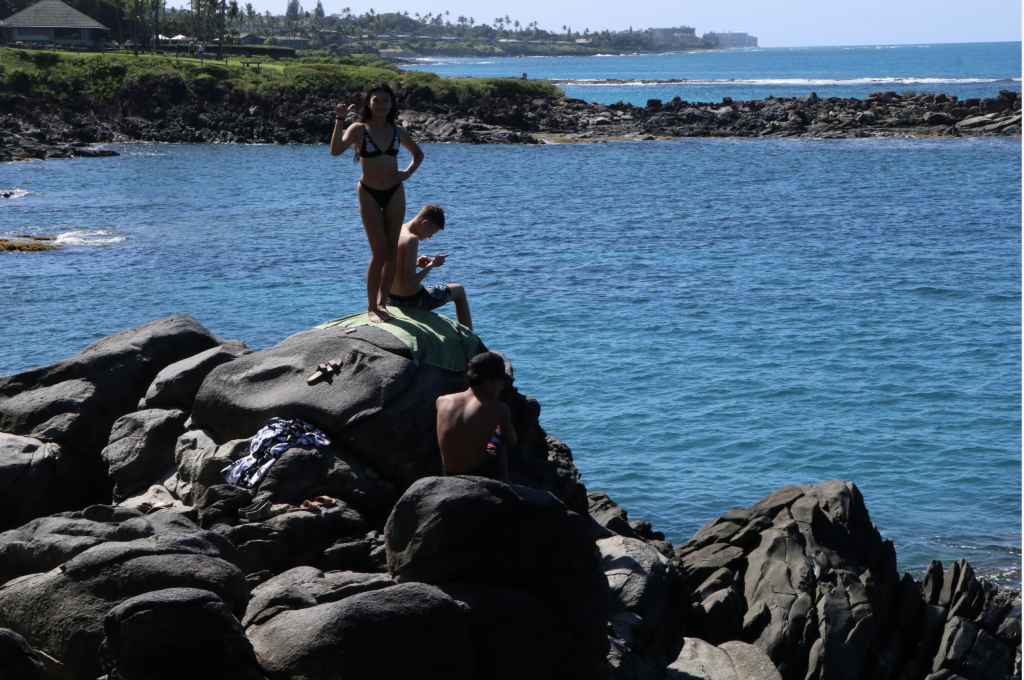
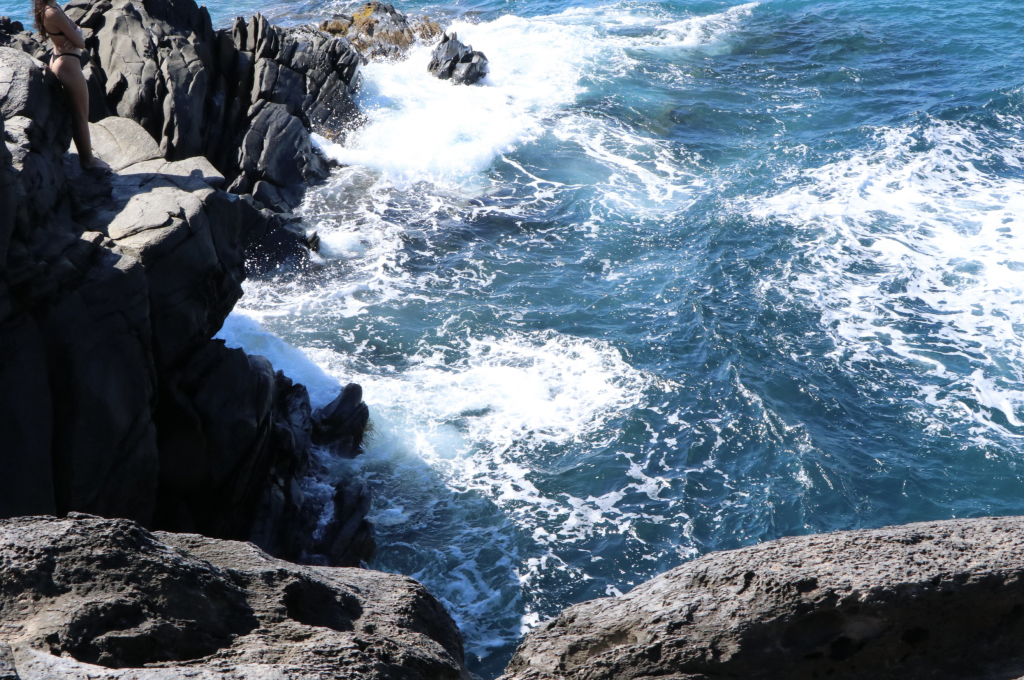
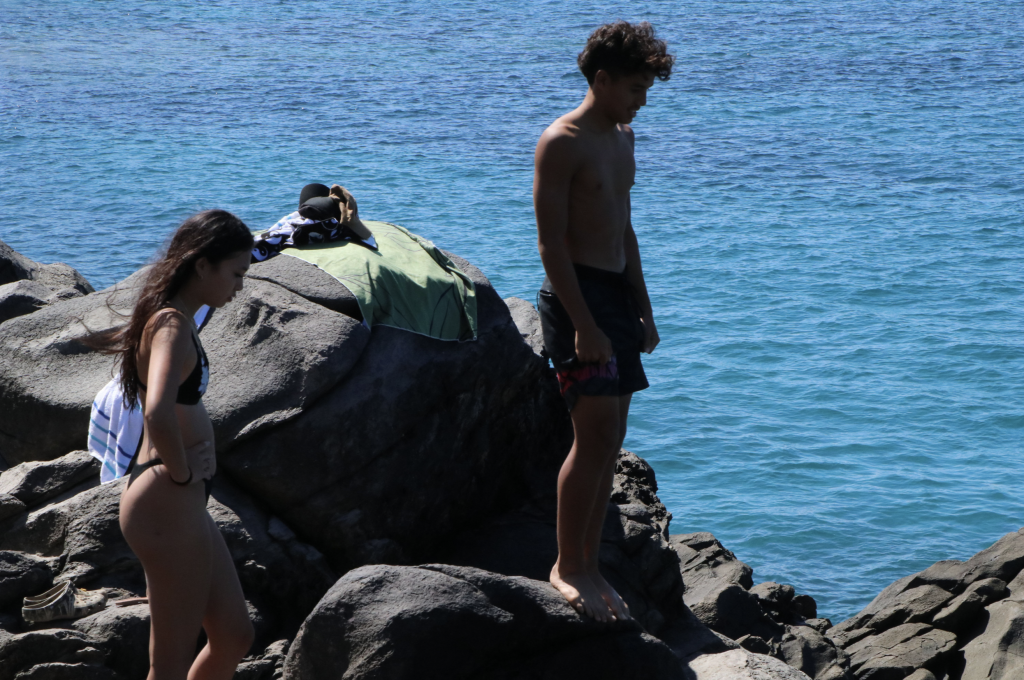
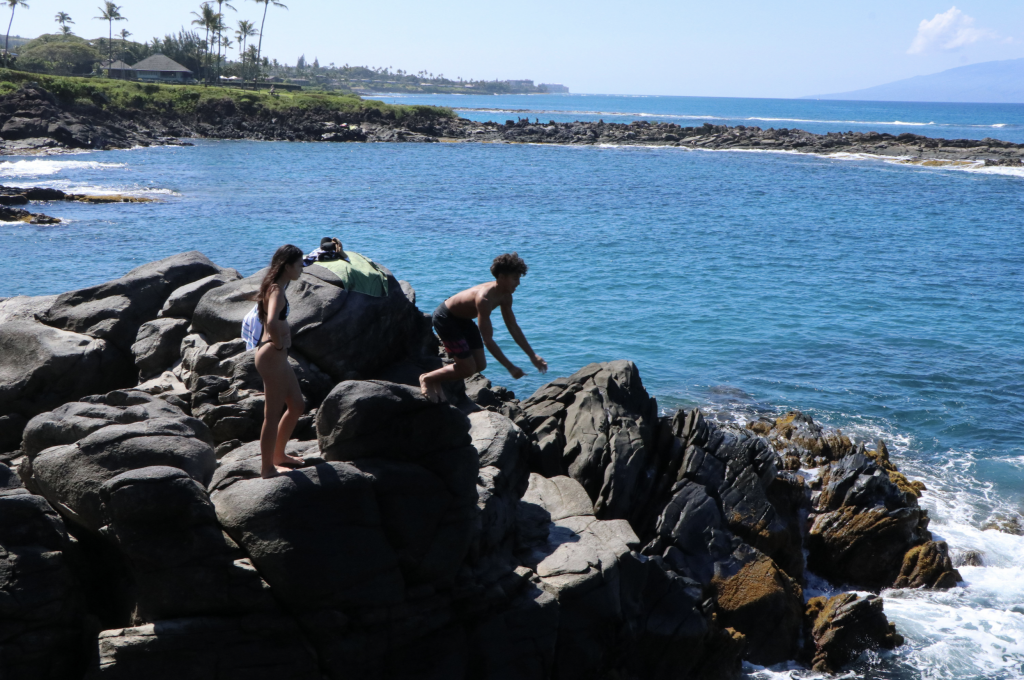
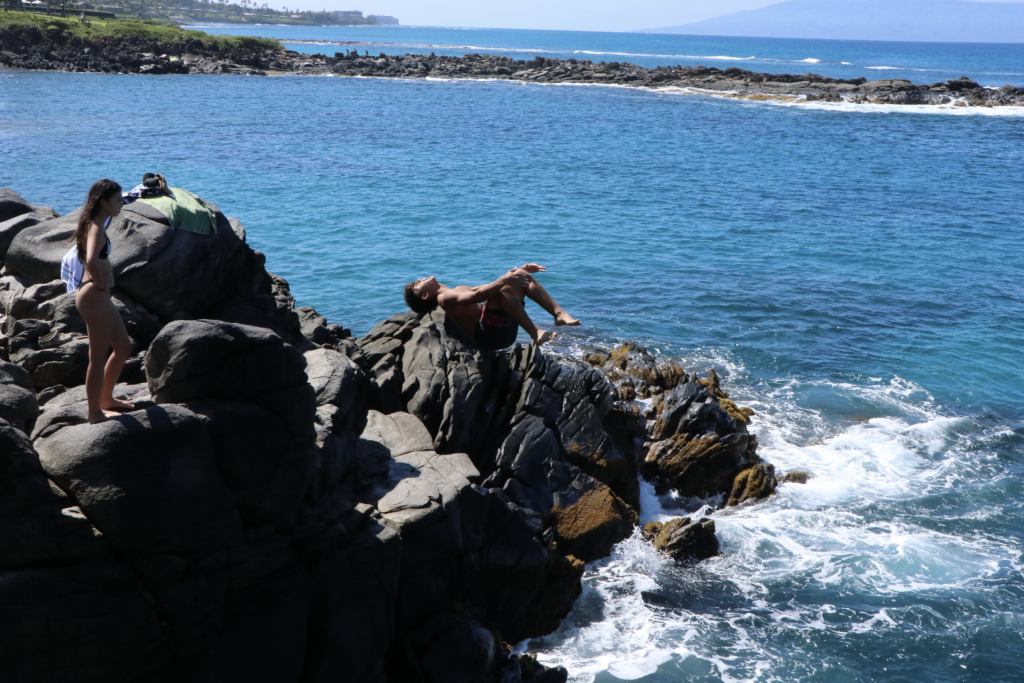
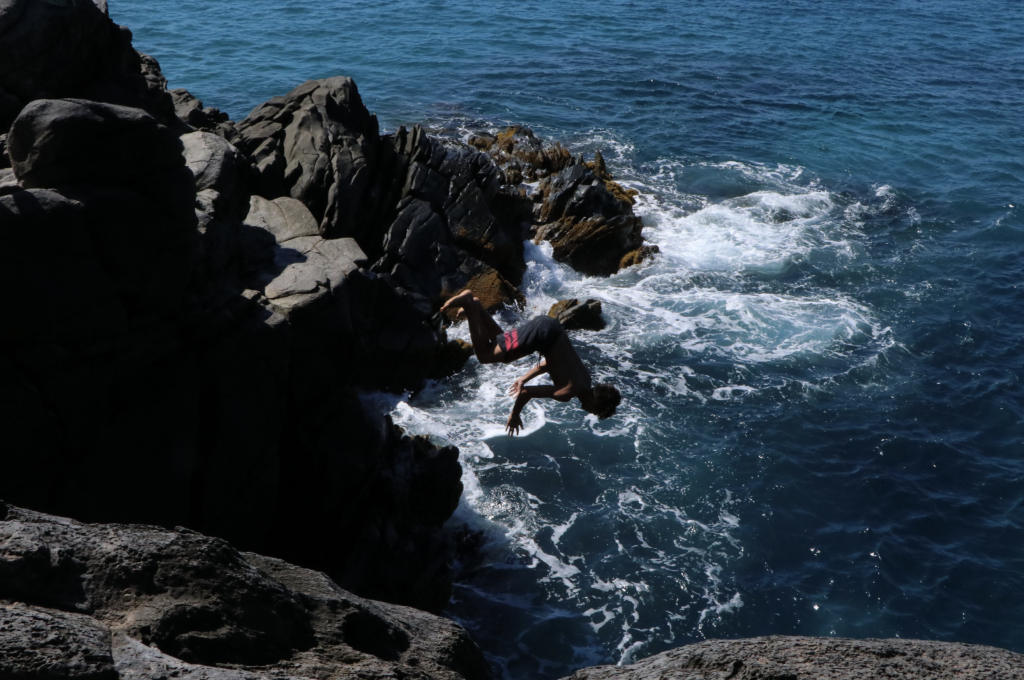
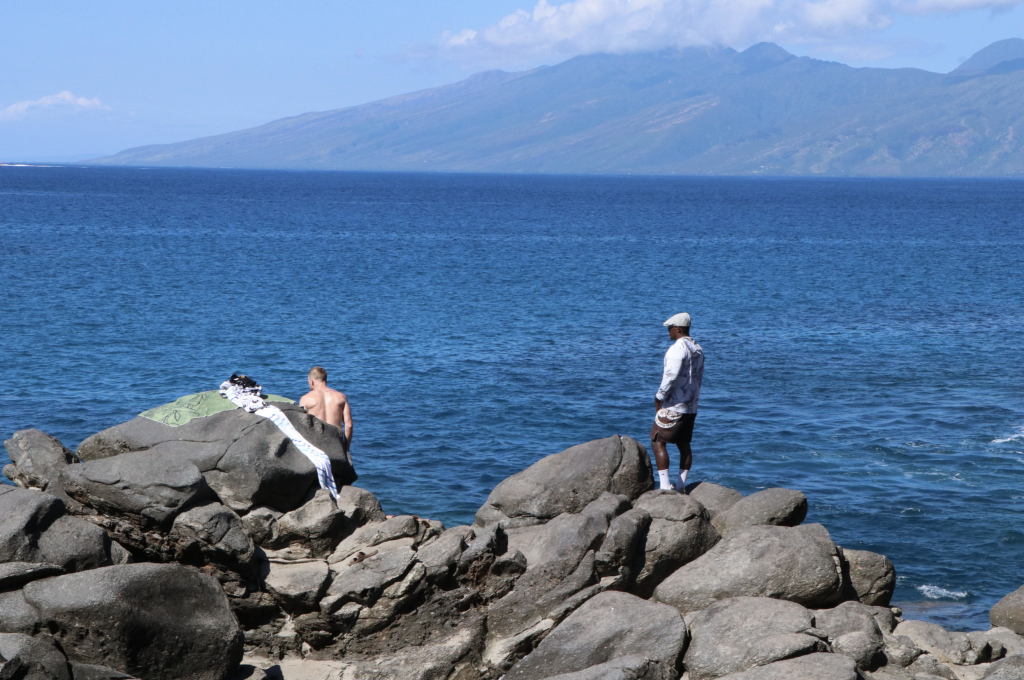
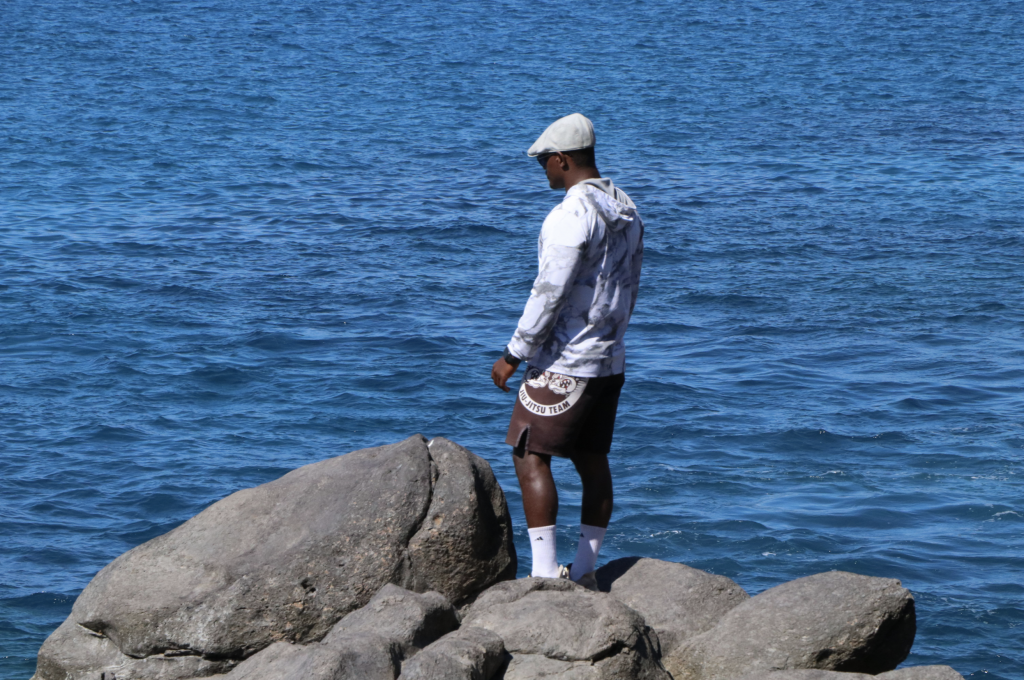
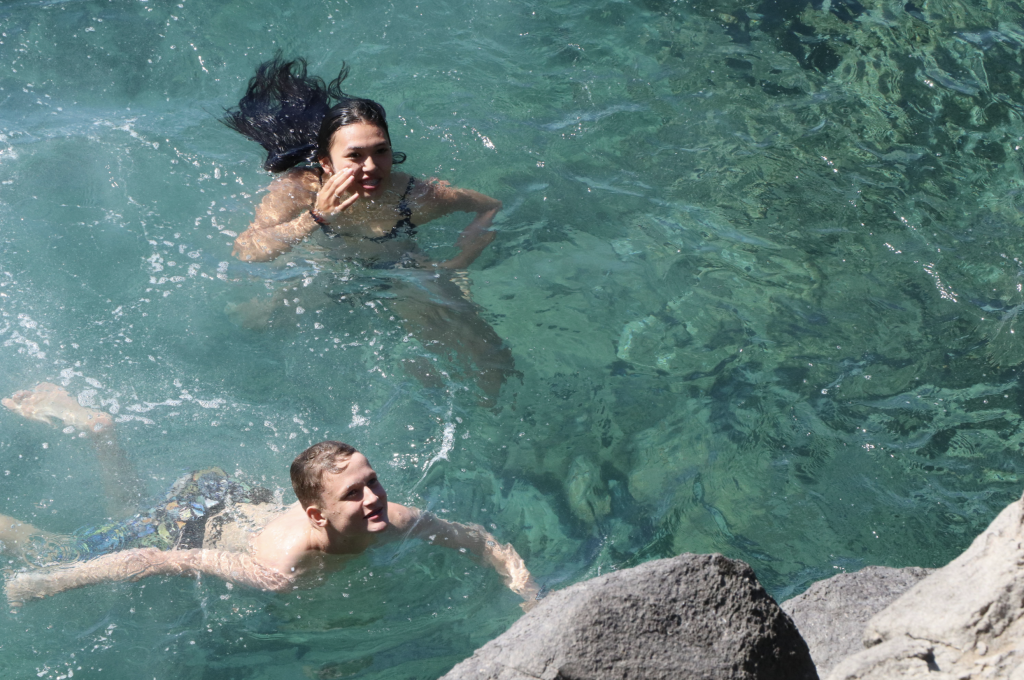
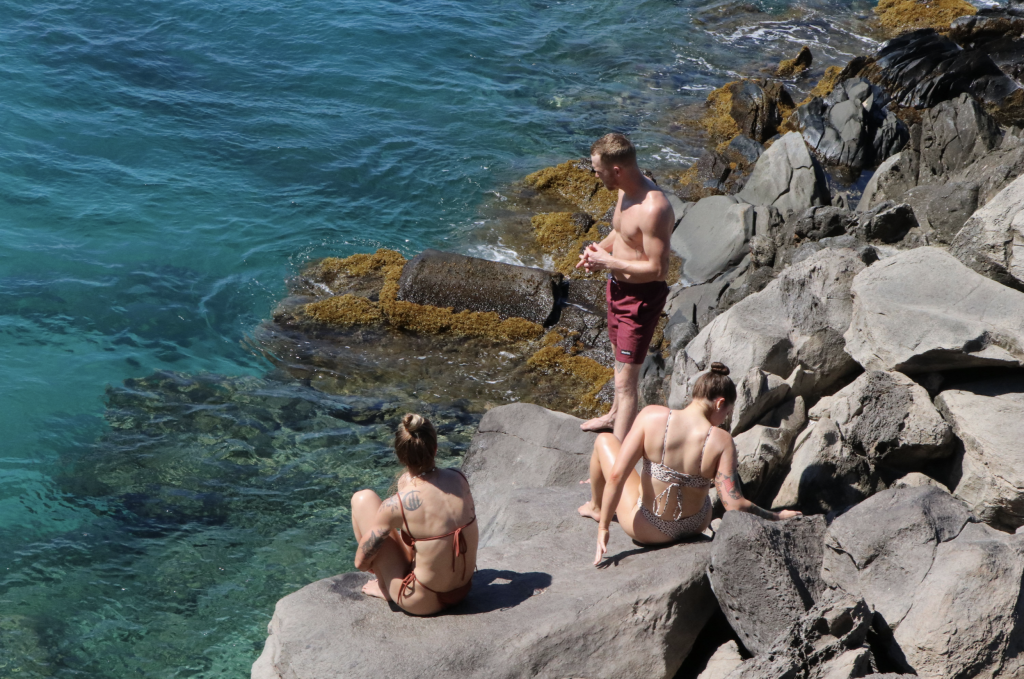
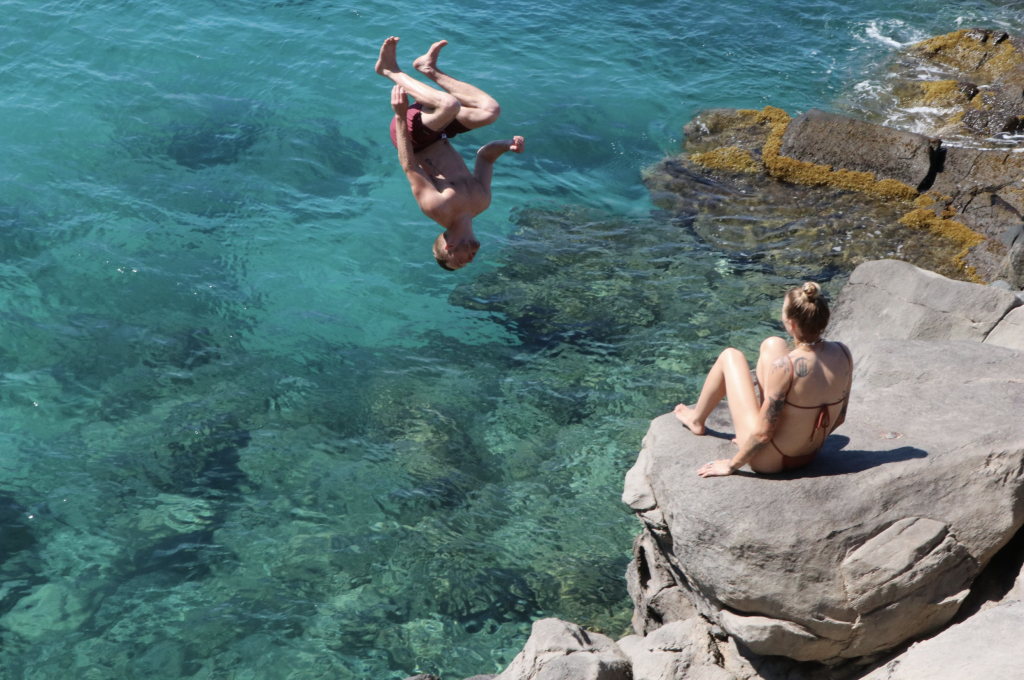















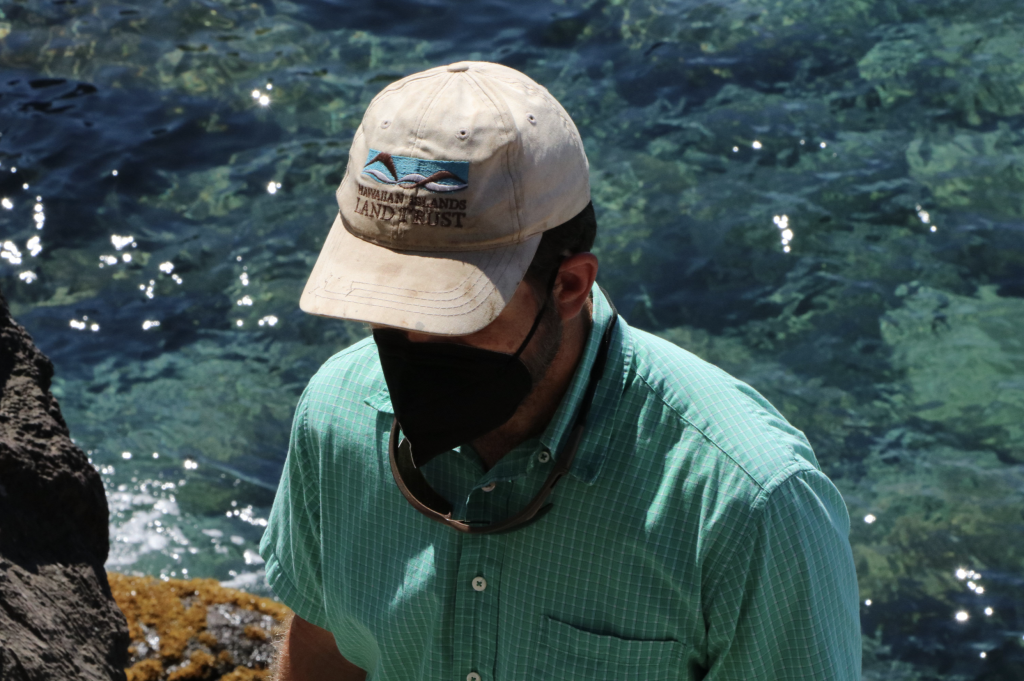
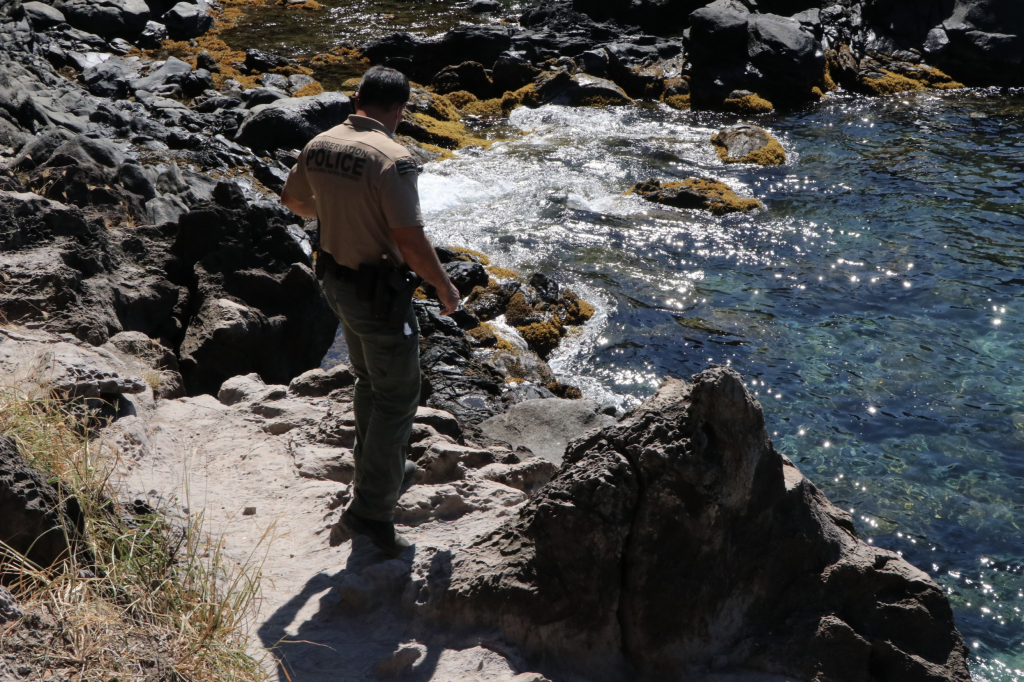
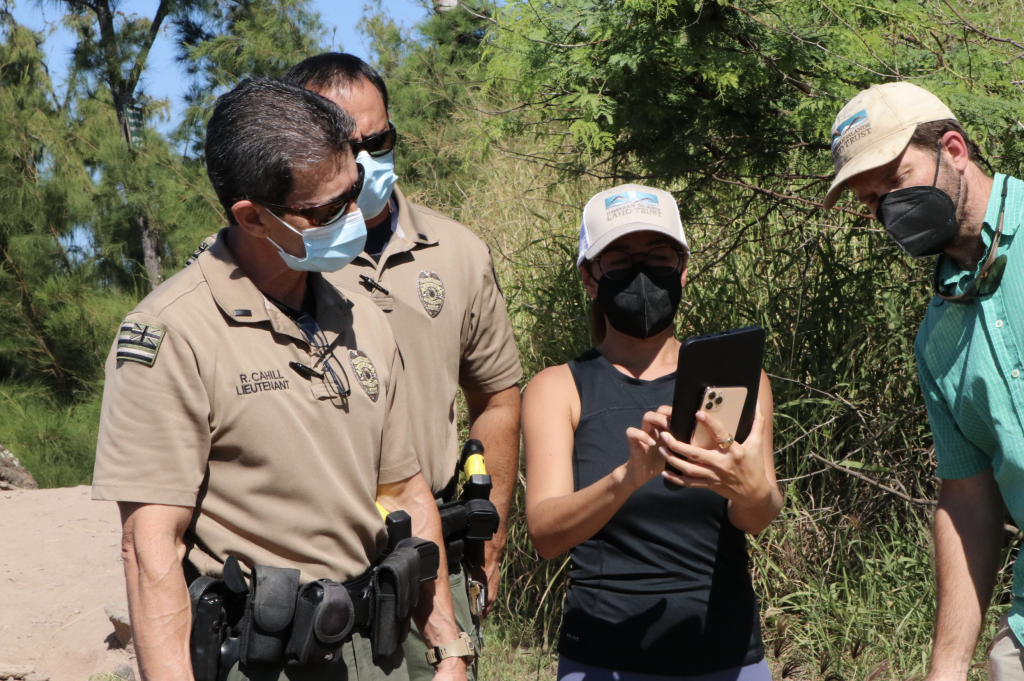
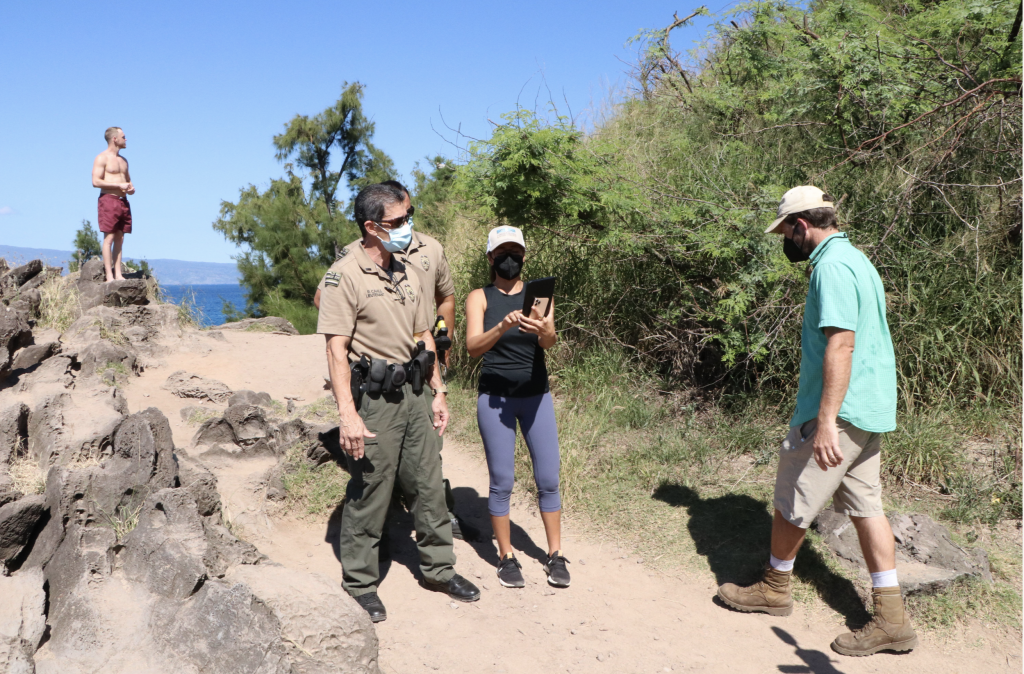
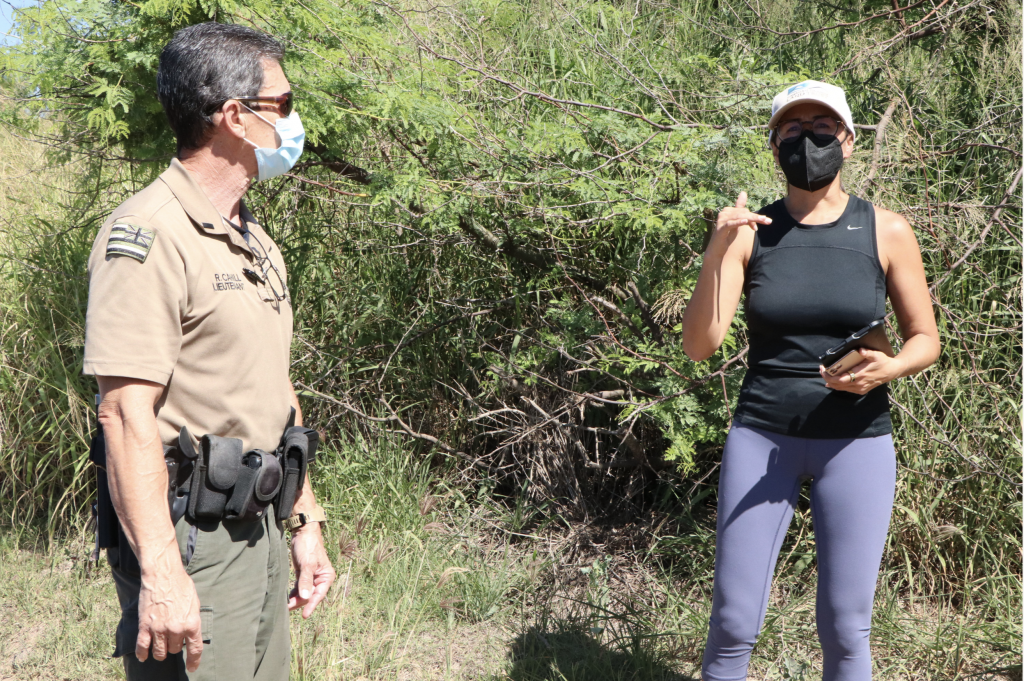
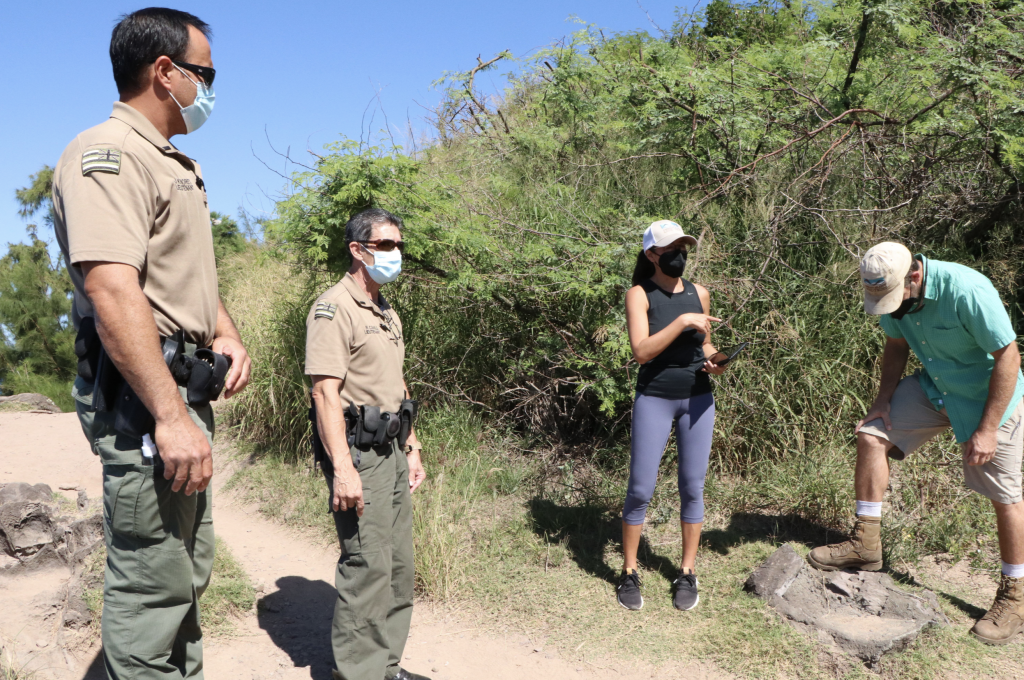
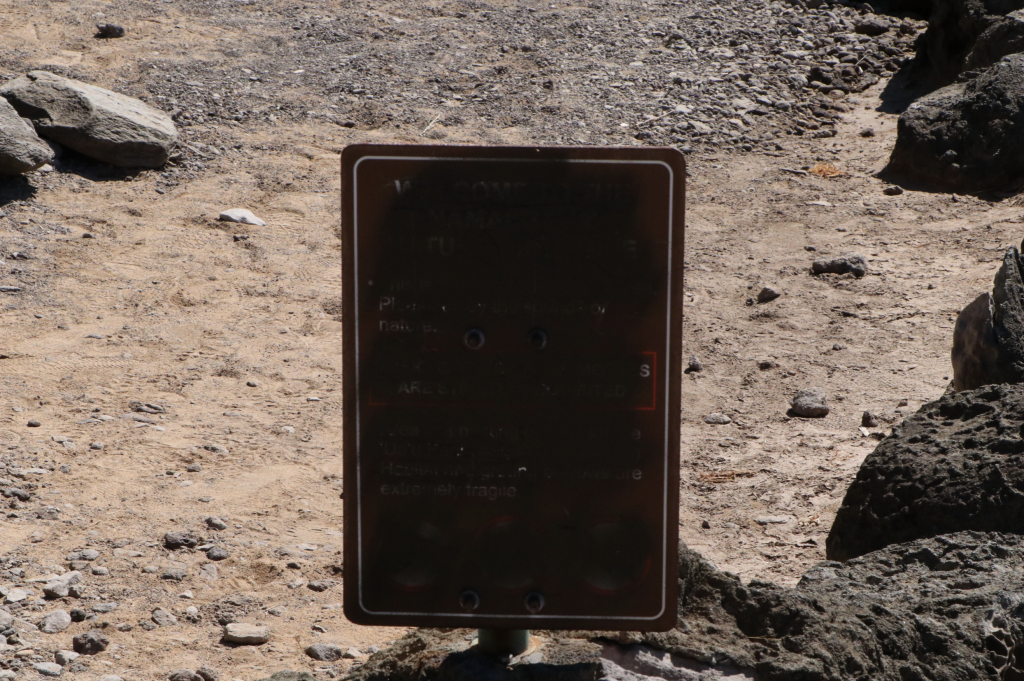
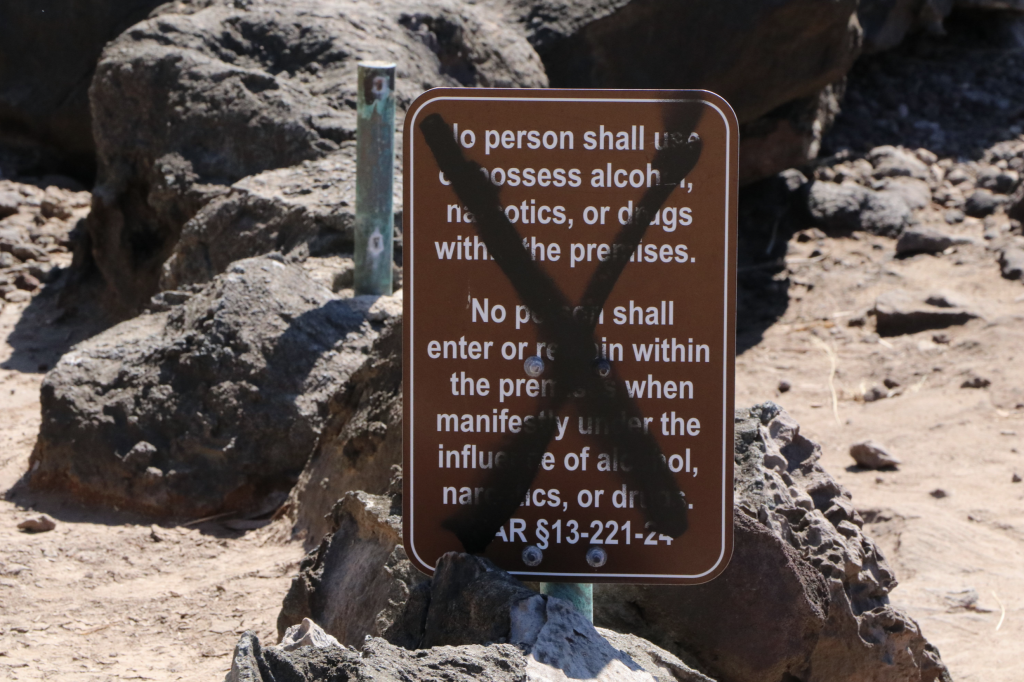
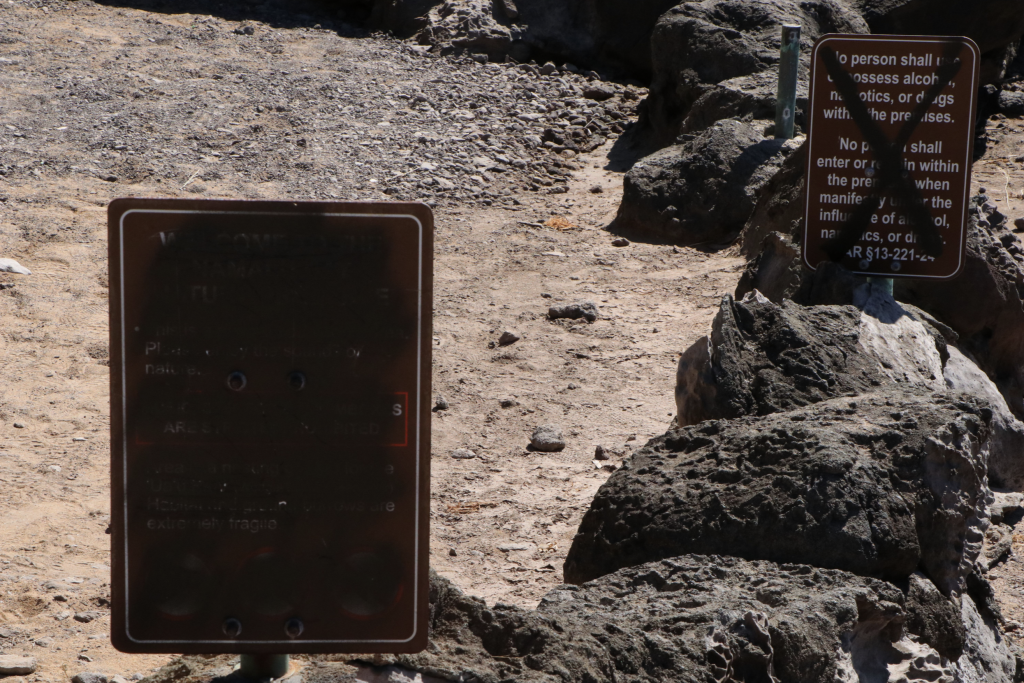
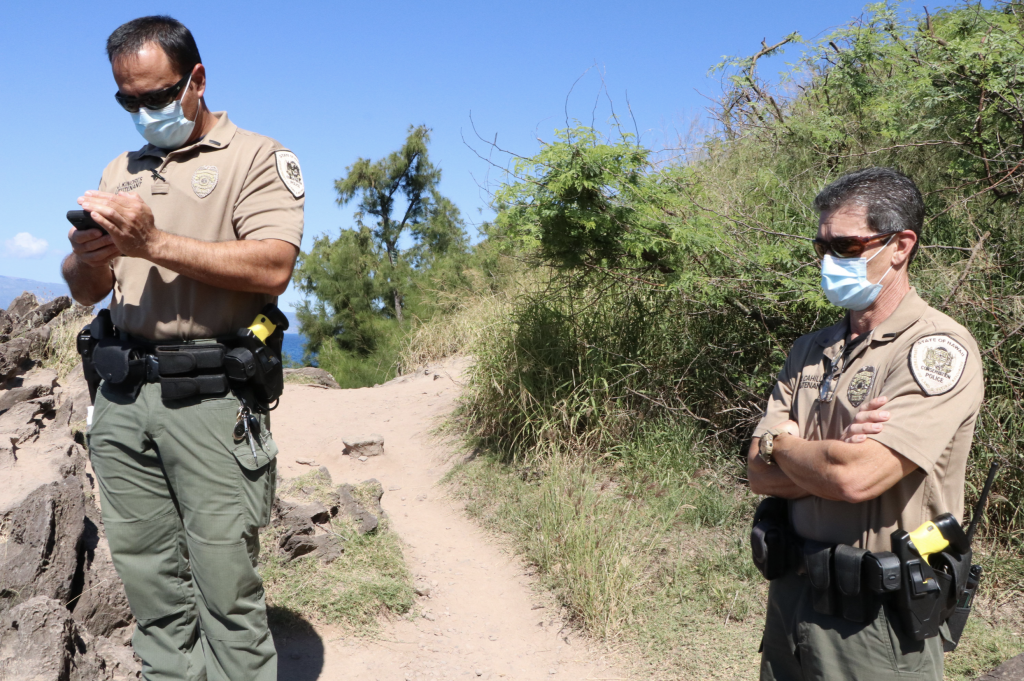













_1768613517521.webp)



